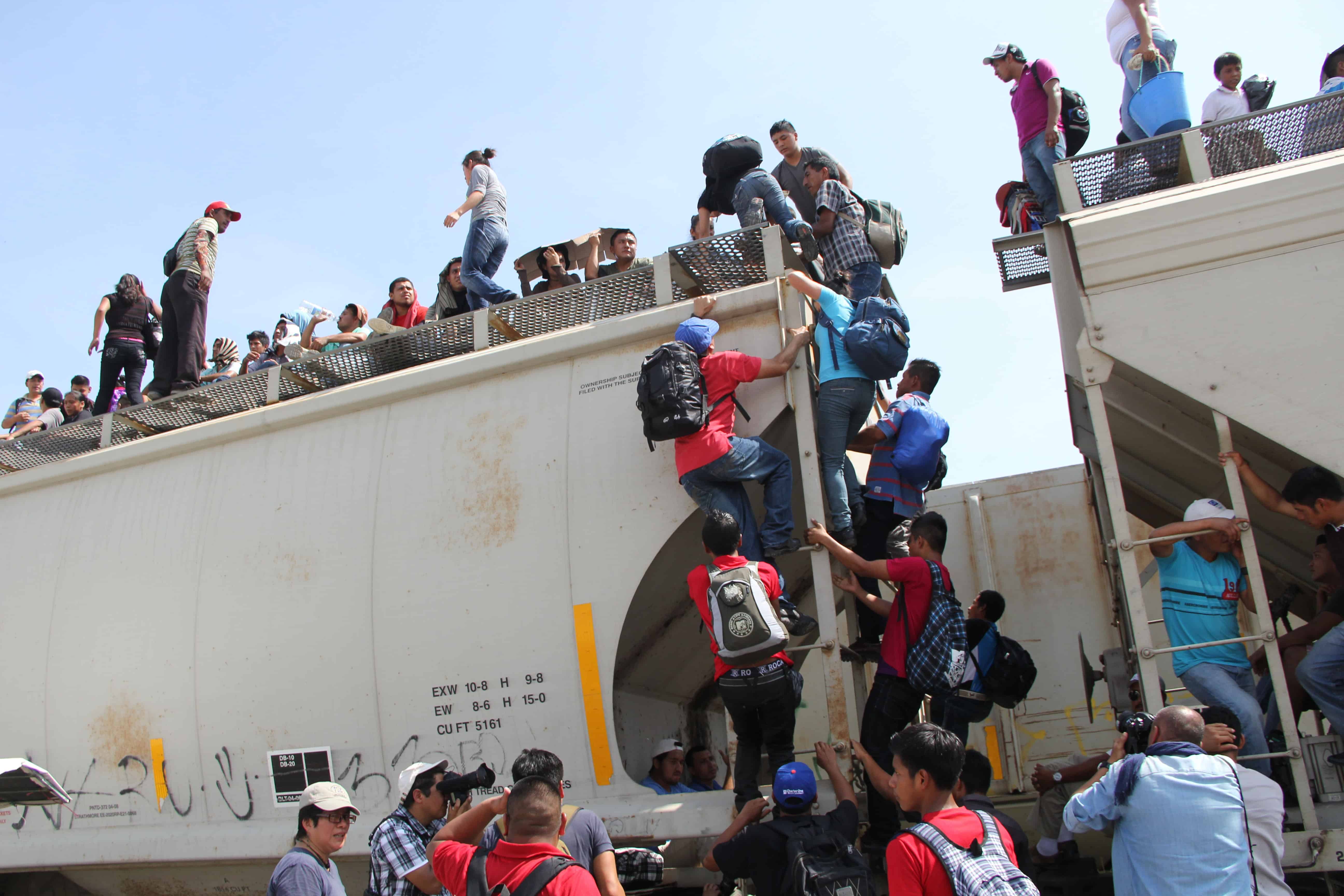The governments of the United States and Costa Rica announced Tuesday that Costa Rica would begin hosting Central American refugees applying for asylum in the United States and other countries as part of a protection transfer arrangement with the U.N. refugee agency, UNHCR, and the International Organization for Migration.
As many as 200 refugees at a time from El Salvador, Guatemala and Honduras — the so-called Northern Triangle — will be allowed to stay in Costa Rica for up to six months while they are processed for potential asylum in the U.S. or elsewhere, UNHCR chief in Costa Rica Carlos Maldonado told reporters during a news conference at Casa Presidencial in San José on Tuesday. The U.S. State Department announced the agreement in a news release.
Working with the UNHCR and the IOM, the United States will pre-screen “vulnerable applicants” in the region seeking asylum. Applicants in need of immediate protection can then be sent to Costa Rica for processing before traveling to the U.S. or another country.
Pre-screened refugee applicants will be housed near or in San José while they are processed and will receive English classes and information about their destination. All costs associated with the program will be covered by IOM and UNHCR.
Just two weeks ago, the U.S. State Department’s top official on refugee and immigration matters, Anne Richard, told The Tico Times that the Central American refugee program was “still on the drawing board.” The agreement with Costa Rica to house vulnerable applicants is a breakthrough on one of the key issues holding up the program.
One outstanding question is whether six months will be enough time for Central American refugees to be processed for travel to the U.S. Richard said processing refugees for resettlement in the U.S. takes on average 18 to 24 months worldwide.
News of the agreement comes a day before the president of El Salvador, Salvador Sánchez Cerén, arrives in Costa Rica to meet with President Luis Guillermo Solís. Asylum applications from El Salvador make up nearly half of the some 1,500 applications Costa Rica has received so far this year.
The U.S. also announced Tuesday an expansion of a program that allows Central American minors to apply for protection in the U.S. from their home countries. The program, which began in December 2014, allows a parent who is legally in the U.S. to request refugee status for their child living in a Northern Triangle country so that the child can avoid the dangerous journey north alone or with smugglers.
Under the newly-announced expansion, the following categories of people can also be considered for the program when accompanied by a qualifying child: adult children of legal U.S. residents; a biological parent of a qualifying child if the parent is still living in a Northern Triangle country; caregivers of a qualifying child who are relatives of the child’s legal U.S.-resident parents.
Hundreds of thousands of Guatemalans, Salvadorans and Hondurans have fled gang violence and organized crime in their home countries in recent years. Most seek refuge in the U.S. but many have also fled to Costa Rica. The Northern Triangle countries have some of the world’s highest homicide rates and most pervasive gang presence.
According to figures from UNHCR, nearly 150,000 Central Americans are expected to seek asylum in 2016.
The agreement announced Tuesday does not apply to African, Asian and Haitian migrants, who have been traveling through Central America in increasing numbers this year to reach the U.S.






